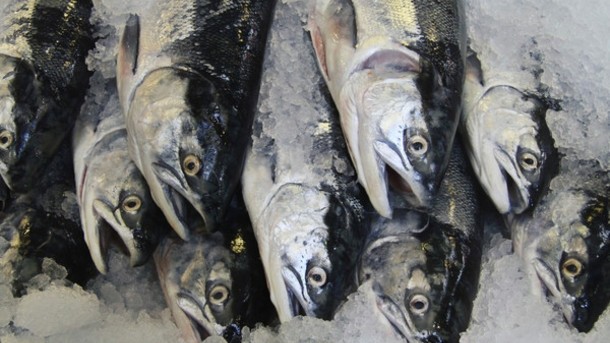Kuwait fish boycott drives prices down

The “Let It Spoil” campaign, launched in the last week of August, has its roots in the increasingly high prices of many type of fish, particularly Kuwaiti zubaidi (pomfret), which reached nearly US$50 per kilo before the protests. As the campaign grew, shopper numbers at Kuwait’s main fish markets dwindled noticeably, pushing prices down as vendors struggled to sell their stock.
Several days into the boycott, zubaidi prices had fallen to around half the pre-boycott level, at US$25 per kilo, with some reports of prices as low as US$17 per kilo, with prices of other fish also seeing falls of between a third and a half, according to the Kuwait Times. But by the end of the month, zubaidi prices had climbed back up to US$33-36 per kilo – a far cry from the US$10 protesters were said to be calling for, according to the Arab Times.
Gouging, or supply issues?
The cause of the price rises for fish are disputed, with many consumers blaming “greedy” sellers for price-gouging, saying the rises are not justified by growing demand or reduced supply. But others noted the rising rents for fish stalls, difficulties obtaining residence permits for fishermen, and the fact that 95 boats have been banned from fishing according to acting chairman of the Fishermen’s Union Jalal Al-Shammarai, as possible reasons for price increases.
Government officials have offered some support for the boycott, with state minister for cabinet affairs Sheikh Mohammad Abdallah Al-Mubarak Al-Sabah saying he was impressed with the campaign. Kuwaiti member of parliament Khalil Abdullah put a formal question to Al Al-Omair, the minister in charge of agriculture and fisheries, as well as being Kuwait’s oil minister, asking for a breakdown of annual fish production and import figures.
Next course: meat and veg
Following the success of Let It Spoil, some campaigners looked to extend the boycott to other fresh food products. The Kuwait Times said some consumers had moved on to target vegetables, and reported large numbers of cucumber boxes in some co-operative society stores as possible evidence a vegetable boycott was succeeding.
Meanwhile, red meat producers pushed back against the idea their products should also be subject to a similar campaign – while suggesting the fish boycott had been justified. Former chairman of the Kuwait Farmers Livestock Association, Ayed Al-Nisafi, said red meat prices were currently lower than during Ramadan. Other industry figures noted domestically bred animals were cheaper than the equivalents in other countries – although only Palestine was cited as a concrete example.
As yet, no concerted campaign against either vegetables or red meat has apparently emerged.









